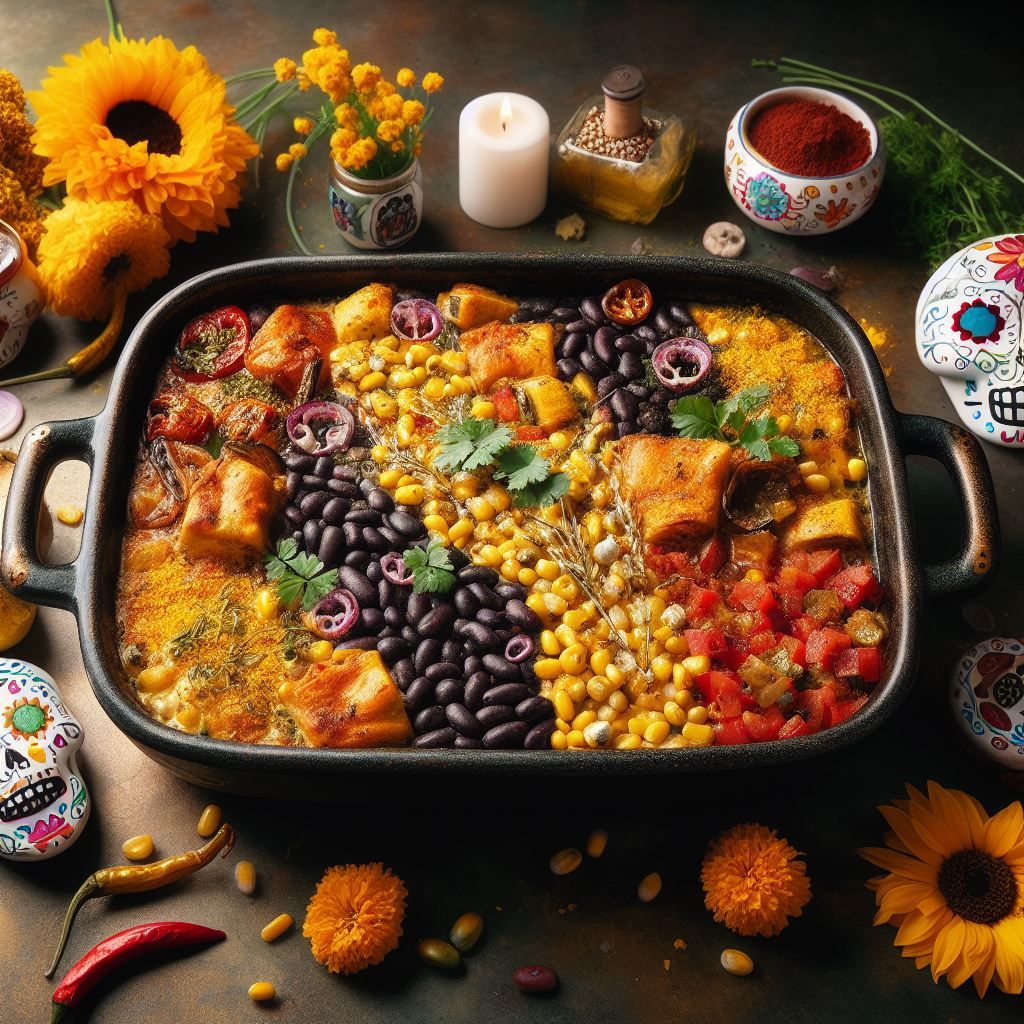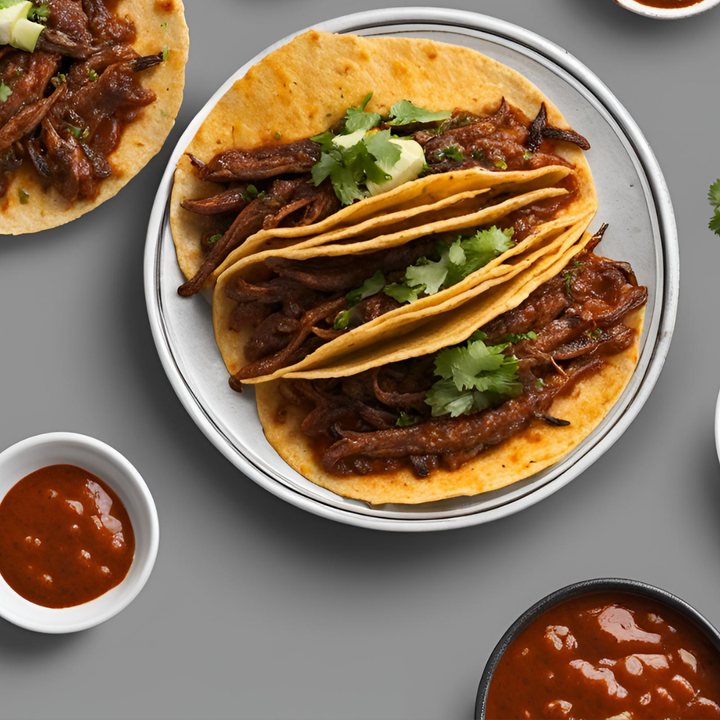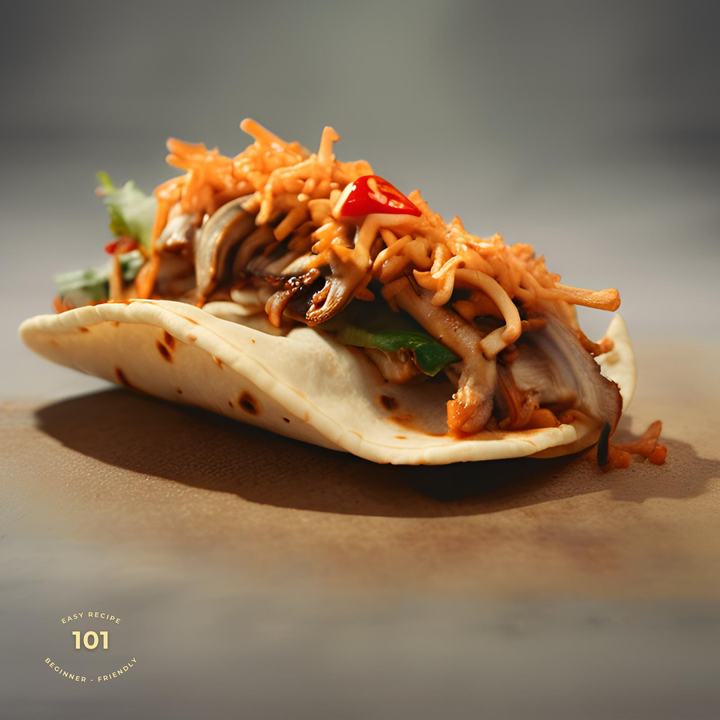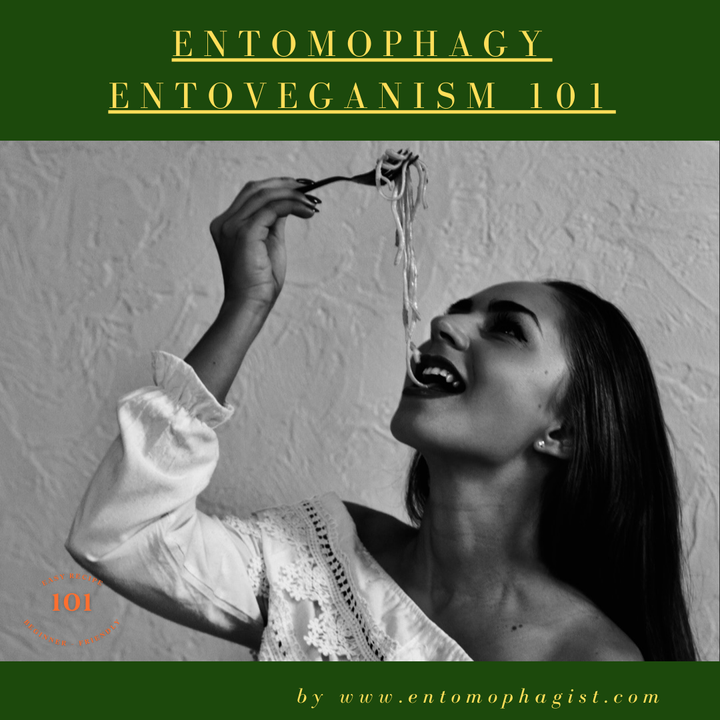Chef Luciano's Entomophagy - Vegan Culinary Tribute to Día de Muertos (Day of the Dead)
Día de Muertos in Oaxaca 2023 (Mexico) Chef Luciano Blends Entomophagy & Veganism in Almas En Fiesta Casserole Fusion Recipe.
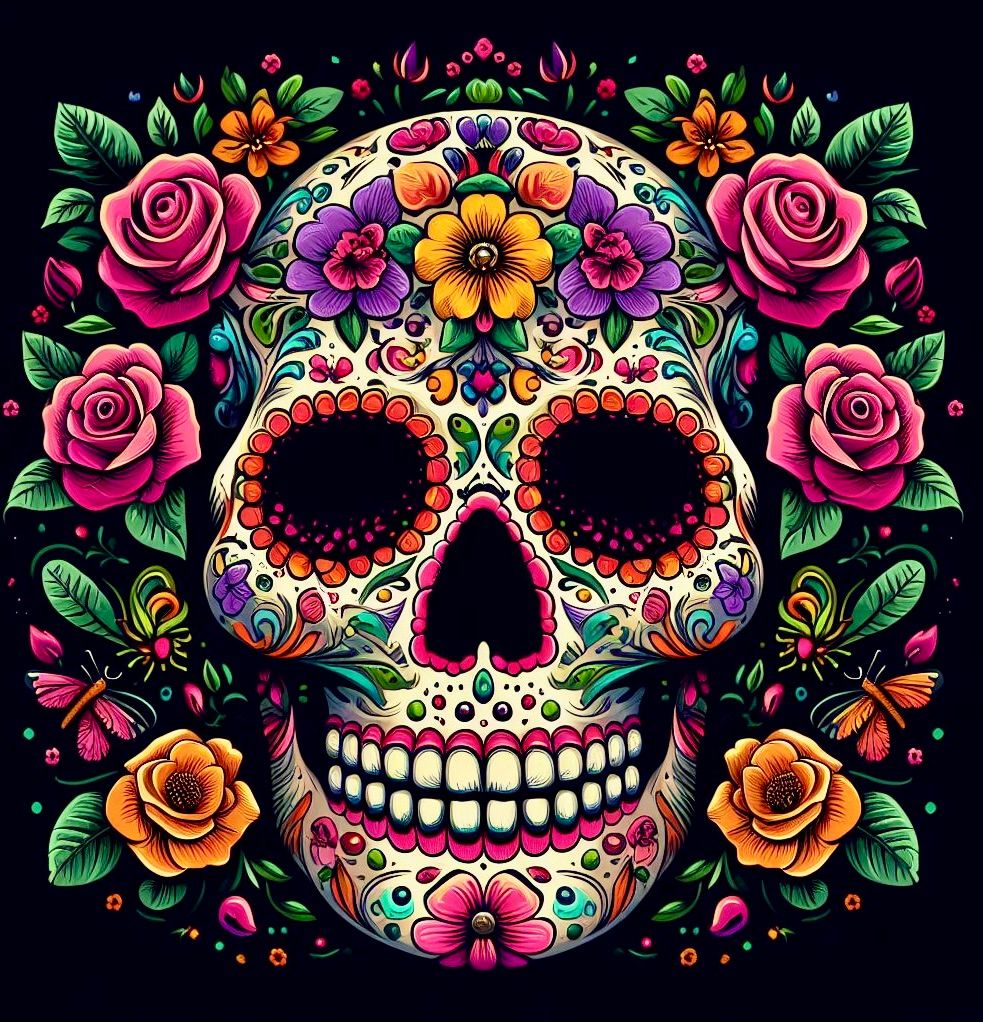
Introduction
In the evolving landscape of culinary innovation, Chef Luciano stands out, seamlessly blending ancient traditions with the modern ethos of sustainable dining. His prowess does not merely lie in his ability to create delectable dishes, but in his vision of a greener, more sustainable future. The "Almas en Fiesta Vegan Fusion" is a testament to this vision: a dish deeply rooted in the rituals of Oaxaca, paying tribute to the 'Día de Muertos', while also embracing the future of veganism.
His commitment to mitigating climate change is unwavering. He believes in embracing food alternatives that not only tantalise the palate but also reduce the environmental footprint. This ethos shines brightly in his fusion creations, where every ingredient is chosen with care, ensuring minimal impact on our planet.
Venturing deep into the heart of Mexican cuisine, with a special nod to Oaxacan traditions, Chef Luciano unveils the "Almas en Fiesta Vegan Fusion". More than just a dish, it is a symphony of flavours, a dance of ingredients that tells a story of respect for both tradition and the environment. This is not just food; it is a statement; a declaration that delicious and eco-conscious can coexist harmoniously on a plate.
So, as you embark on this culinary journey with Chef Luciano, remember that every bite you take is a step towards a more sustainable future and eco-consciousness. A future where food not only delights the senses but also nurtures the soul and our planet Dive in, savour, and let "Almas en Fiesta Vegan Fusion" transport you to a world where the past and future deliciously intertwine.
History and Origins of Día de Muertos
The origins of 'Día de Muertos' can be traced back thousands of years to pre-Columbian times when the indigenous people of Mexico, particularly the Aztecs, had rich rituals and beliefs surrounding death. For the Aztecs, death was seen as a natural part of the cycle of life and was not feared but embraced.
One of the key influences on Día de Muertos was the Aztec festival dedicated to the goddess 'Mictecacihuatl', the Lady of the Dead. This festival, which took place in the summer, was a time to honour the deceased and celebrate their journey to the afterlife.
Cultural Significance of Día de Muertos
Día de Muertos holds great cultural significance in Mexican society. It is a time for families to come together and remember their loved ones who have passed away. The belief is that during this time, the spirits of the departed return to Earth to be with their families and enjoy the offerings that are left for them.
The celebration is not focused on mourning, but rather on celebrating the lives of those who have passed. It is a time to rejoice in the memories and stories of loved ones, to honour their legacy, and to keep their spirits alive. Día de Muertos is a testament to the Mexican people's deep-rooted connection to their ancestors and their belief in the continuity of life beyond death.
Ingredients Needed for the 'Almas En Fiesta Casserole Fusion'
Dried Black Beans - A cornerstone in the vibrant tapestry of Mexican gastronomy, black beans are renowned for their robust flavours and myriad health benefits. Essential to many traditional Mexican dishes, these beans offer not just nutrition but also a connection to time-honoured culinary practices.
